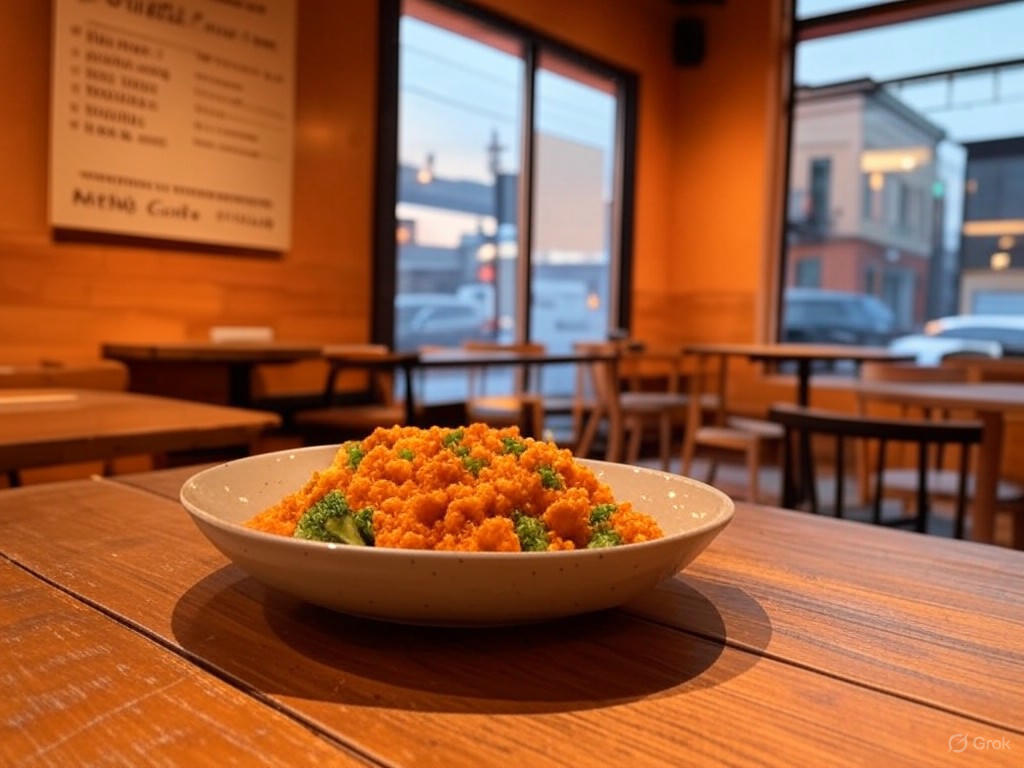Cardinal Robert Prevost Elected First American Pope: A Historic Moment for the Catholic Church
A New Era Dawns for the Catholic Church
On May 8, 2025, history was made as white smoke rose over the Vatican, signaling the election of Cardinal Robert Prevost as the first American-born pope. Taking the name Pope Leo XIV, his appointment has sent shockwaves through the global Catholic community, igniting pride, hope, and intense debate. Why is this moment trending worldwide? Let’s explore the journey of this U.S.-Peruvian cardinal, the historic significance of his election, and what it means for the future of the Catholic Church.

Who Is Robert Prevost? A Man of Two Worlds
At 68 years old, Robert Prevost brings a unique perspective to the papacy. Born in the United States, he holds dual citizenship with Peru, where he served as a missionary for decades. Under the late Pope Francis, Prevost headed the Dicastery for Bishops, playing a pivotal role in church reforms, including the inclusion of women in bishop-selection panels. His moderate ideology has often positioned him as a bridge between the conservative and progressive factions of the Church, making him a surprising yet unifying choice for pontiff.
The Road to the Papacy: A Timeline of Events
The journey to this historic election unfolded rapidly in 2025. Following the death of Pope Francis on April 21, 2025, the stage was set for a transformative conclave. On May 6, 2025, 133 cardinals gathered at the Vatican to choose a successor. Just two days later, on May 8, 2025, white smoke billowed from the Sistine Chapel, and Robert Prevost emerged as Pope Leo XIV. His first appearance on the balcony of St. Peter’s Basilica was met with cheers, marking a new chapter for the Church. This swift transition has captivated the world, symbolizing both continuity and change.
Voices of History: Reactions to Prevost’s Election
The significance of an American pope has not gone unnoticed. According to a CBS News analysis,
‘If America is running the world politically, culturally, economically, they don’t want America running the world religiously... but today, that changed.’
This statement reflects the seismic shift in religious power dynamics. Meanwhile, Rev. Fidel Purisaca Vigil shared a personal insight with PBS, noting,
‘No matter how many problems he has, he maintains good humor and joy.’
These words paint a picture of a leader who brings warmth and resilience to his role.
Emotional Resonance: Pride and Debate
The election of Pope Leo XIV has stirred deep emotions among U.S. Catholics, many of whom feel a profound sense of pride. Crowds in Lima, Peru, chanted
‘¡Viva el Papa Peruano!’
, celebrating his dual heritage. Yet, not all reactions are celebratory. Critics fear an ‘Americanization’ of church doctrine, worrying about the influence of Western values on sacred traditions. On the other hand, supporters are hopeful for progressive changes, especially given Prevost’s focus on marginalized communities and his global perspective. This dichotomy of views underscores the challenges and opportunities ahead for the new pope.
A Historic First: Why This Matters
For centuries, the papacy has been dominated by European leaders, making Prevost’s election a groundbreaking moment. As detailed in this ABC News report, his rise to Pope Leo XIV challenges long-standing traditions and reflects the increasingly global nature of the Catholic Church. Could this be the start of a more inclusive era for the Church? Only time will tell, but for now, the world watches with bated breath.
Conclusion
✔️ Cardinal Robert Prevost’s election as the first American pope on May 8, 2025, is a historic milestone.
✔️ As Pope Leo XIV, his dual heritage and moderate stance offer hope for unity, while sparking debates about the Church’s future direction.


